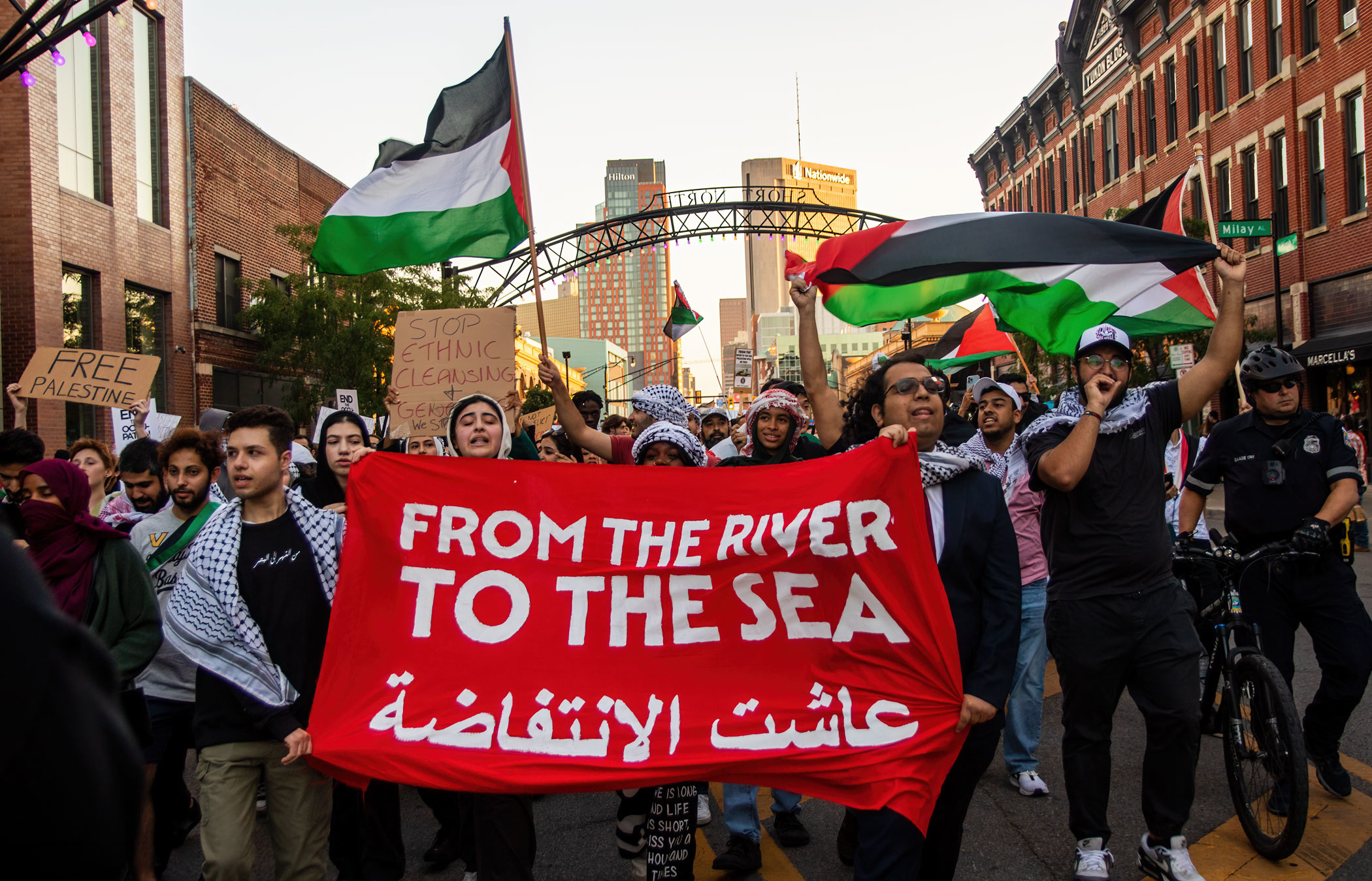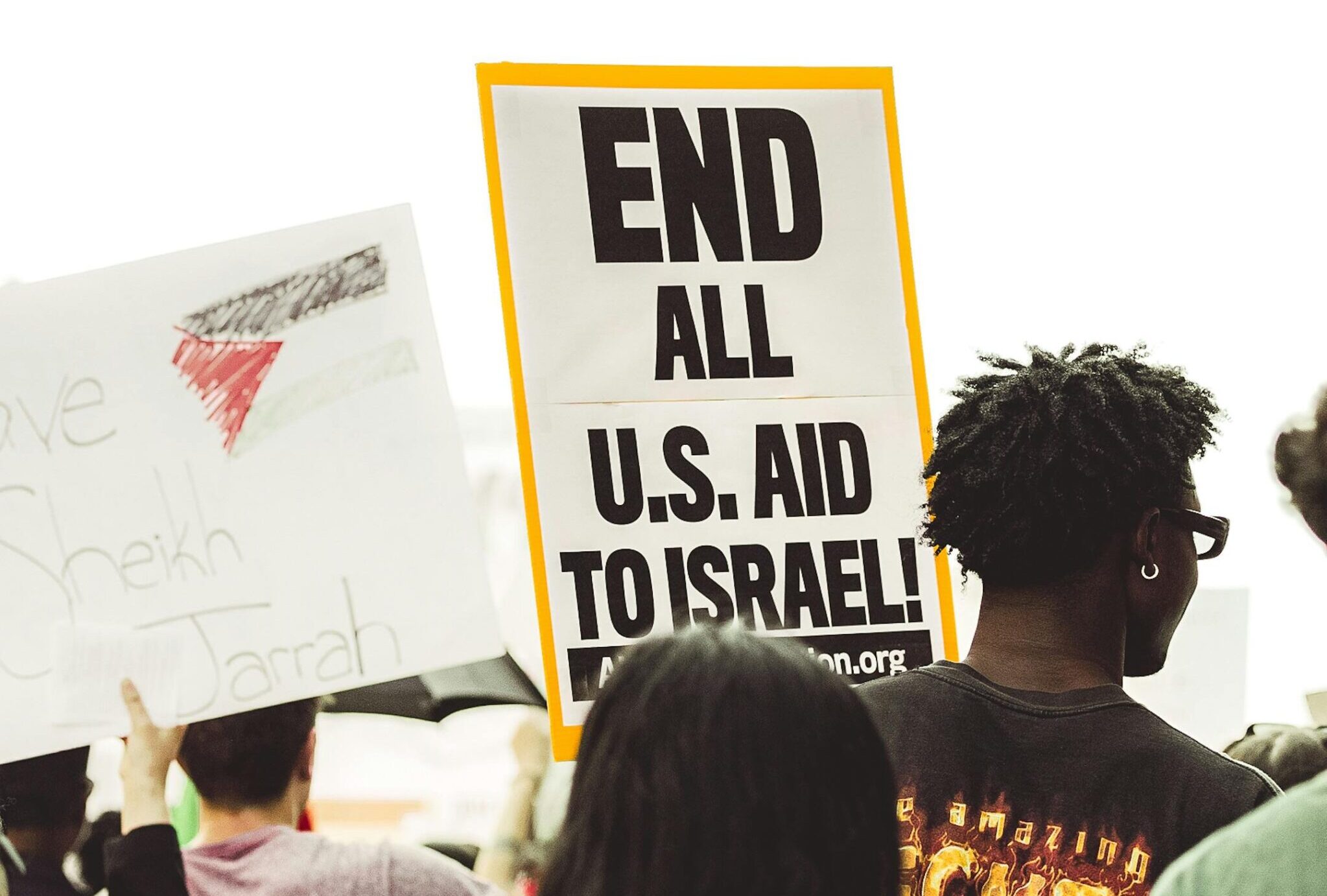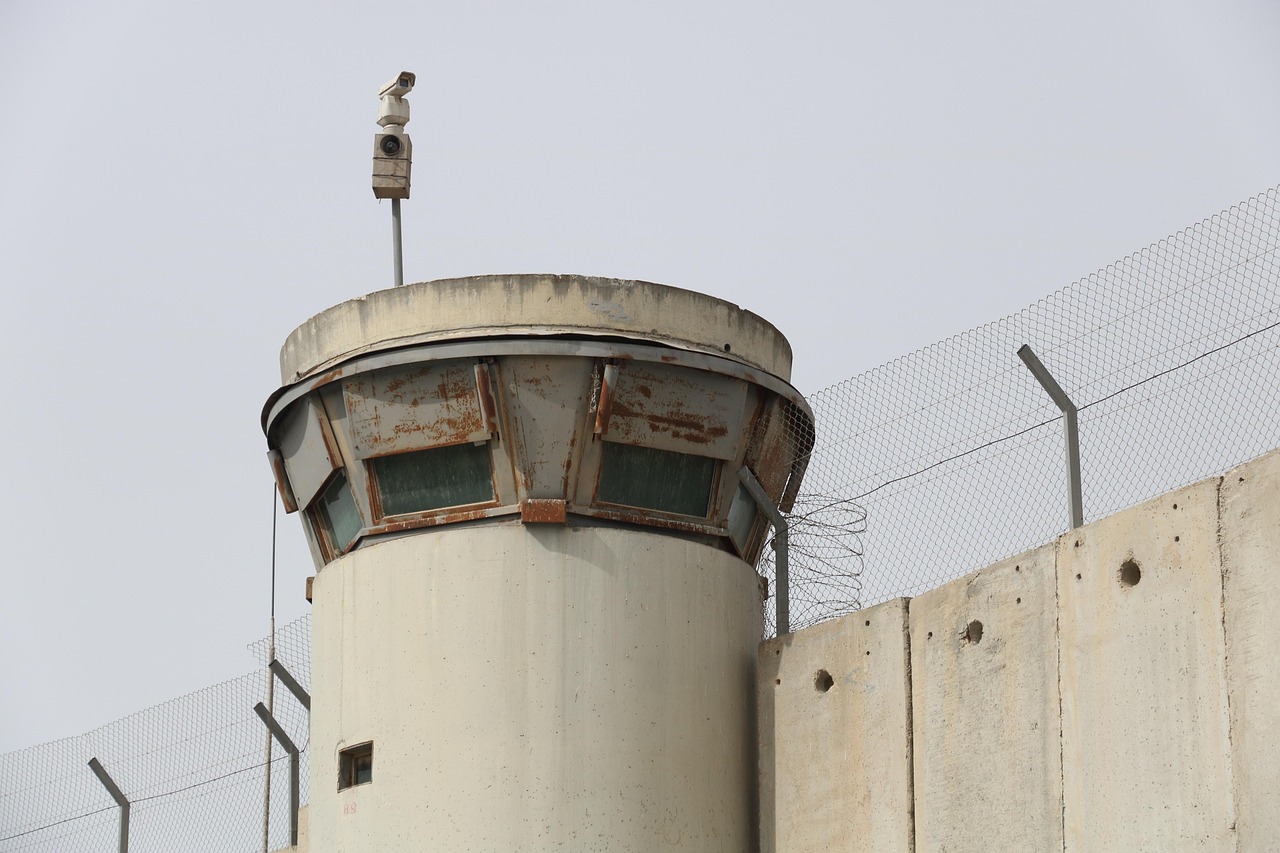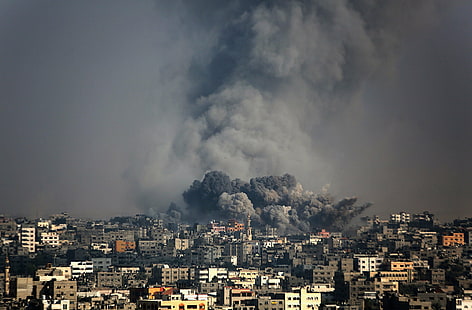
The Palestinian people have endured decades of hardship and suffering, exacerbated by the ongoing conflict and occupation. The humanitarian crisis in Palestine is profound, affecting every aspect of daily life and inflicting immense pain on the population.
Historical Context of Displacement
The roots of the Palestinian struggle can be traced back to the Nakba, the catastrophic events of 1948 that led to the displacement of hundreds of thousands of Palestinians from their homes. This mass expulsion and the destruction of Palestinian villages marked the beginning of a protracted period of suffering and displacement that continues to this day.
Life Under Occupation
The Israeli occupation, which began in 1967, has had a devastating impact on the lives of Palestinians. The occupation imposes severe restrictions on movement, subjects Palestinians to discriminatory control, and threatens their homes and livelihoods. The daily reality for Palestinians includes checkpoints, settlement expansion, and the constant threat of violence and displacement.
Humanitarian Crisis in Gaza
The situation in Gaza is particularly dire. The Israeli military operations have resulted in the killing, wounding, and forcible displacement of Palestinian civilians on an unprecedented scale. The destruction of homes, schools, hospitals, and infrastructure has left the population in a state of desperation, with limited access to basic necessities such as food, water, and healthcare.
The ongoing conflict has led to the deaths of thousands of Palestinians, with countless others injured and requiring lifelong care. The healthcare system in Gaza is overwhelmed, with fewer than half of the hospitals functioning, depriving the population of critical care.
Impact on Children
The suffering of Palestinian children is a grave concern. They have been subjected to violence, restricted movement, and displacement, leading to profound psychological and social suffering. The protracted nature of the conflict has resulted in a level of collective and individual suffering that is poorly matched with existing systems of mental health support.
International Response and Accountability
The international community has a responsibility to address the humanitarian crisis in Palestine. The United Nations and other organizations have called for an end to the suffering and for the protection of Palestinian rights. However, the continued support of some governments for Israel’s actions, including the supply of arms, has exacerbated the situation and undermined efforts to achieve peace and justice.
Call for Action
The plight of the Palestinian people requires urgent attention and action. It is crucial to advocate for the cessation of occupation, the protection of human rights, and the provision of humanitarian aid. The international community must hold Israeli authorities accountable for their actions and work towards a just and lasting resolution to the conflict.
The suffering of the Palestinian people is a stark reminder of the urgent need for peace, justice, and humanitarian support. It is imperative that the world does not turn a blind eye to their plight and takes concrete steps to alleviate their suffering.
- MAP. “What are the issues facing Palestinians today?” Source
- UNICEF. “Pain and suffering engulfs children in the State of Palestine and Israel.” Source
- UNFPA. “Crisis in the occupied Palestinian territory.” Source
- International Rescue Committee (IRC). “Crisis in the Middle East: What is happening and how to help.” Source
- Human Rights Watch. “Israel/Palestine: An Abyss of Human Suffering in Gaza.” Source
- Health and Human Rights Journal. “Psychological and Social Suffering of Another Generation of Palestinian Children Living Under Occupation: An Urgent Call to Advocate.” Source
- Amnesty International. “Human rights in Israel and the Occupied Palestinian Territory.” Source
- Boston Review. “A Menacing Silence.” Source
- Amnesty International. “Israel’s apartheid against Palestinians: a cruel system of domination and a crime against humanity.” Source
- United Nations. “About the Nakba – Question of Palestine.” Source




